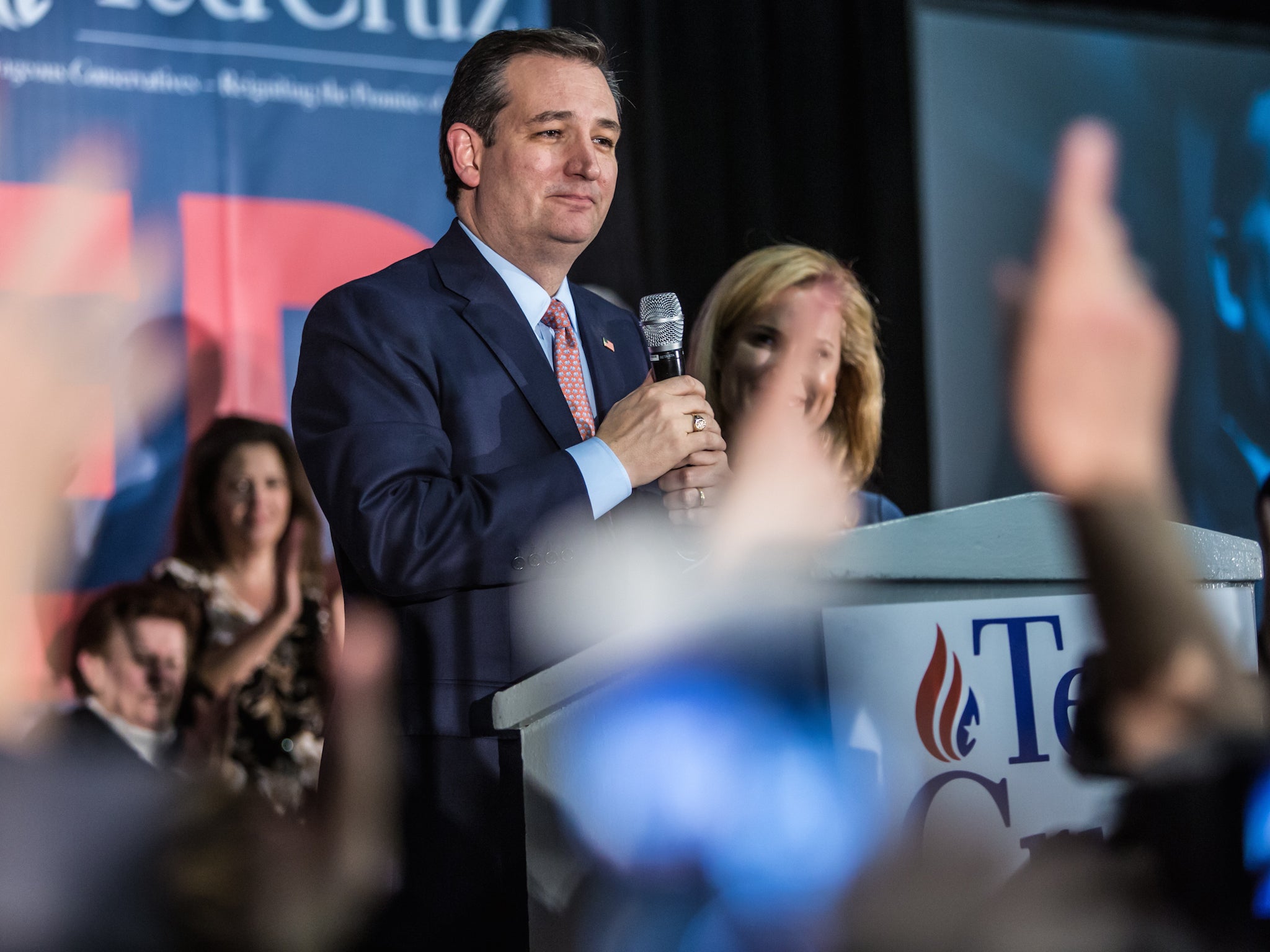Iowa caucus: Winners rarely go on to win presidency
Winning the Iowa Caucus is a step toward the White House, but far from an indication of who will win the presidency.

Ted Cruz won comfortably and Hillary Clinton eked out a victory, but both have a long way to go toward the presidency after winning the 2016 Iowa caucuses. If history is any guide, Monday's results have little bearing on who will go on to win the United States presidency.
Since the caucuses began in 1972, only two Iowa winners have gone on to the White House when an incumbent wasn't running: George W. Bush in 2000 and Barack Obama in 2008. The Iowa winners much more often go on to lose the general election or even the nomination.
Iowa holds the first electoral event for the nominating process of the U.S. presidency, meaning it gets heavy media hype.
Republican winners of the Iowa caucuses have missed out on the presidency in 1976, 1980, 1988, 1992, 1996, 2008 and 2012. Democrats who won Iowa lost out on the presidency in 1972, 1976, 1980, 1984, 1988, 1992, 2000 and 2004. For clarification, in 1976, Democratic winner Jimmy Carter didn't lose the caucus to another candidate, but more people were undecided than voted for Carter, according to the Des Moines Register.
Incumbents have won the Iowa caucuses and gone on to stay in the White House four times: Ronald Reagan in 1988, Bill Clinton in 1996, Bush in 2004 and Obama in 2012. Reagan and Bush both were unopposed.
On Monday, Cruz won with little trouble, taking 28 per cent of the Iowa Republican vote, followed by Donald Trump with 24 per cent of the vote and Marco Rubio with 23 per cent, respectively. Clinton and Democratic challenger Bernie Sanders ended in what many called a virtual tie, but Clinton claimed 49.9 per cent of the Democratic vote and Sanders got 49.6 per cent.
Candidates have now turn their attention toward New Hampshire, which is holding its primary on Feb. 9.
Follow @PaytonGuion on Twitter.
Join our commenting forum
Join thought-provoking conversations, follow other Independent readers and see their replies
Comments
Bookmark popover
Removed from bookmarks